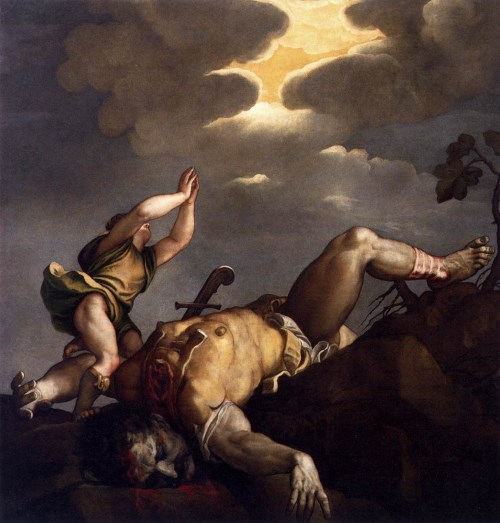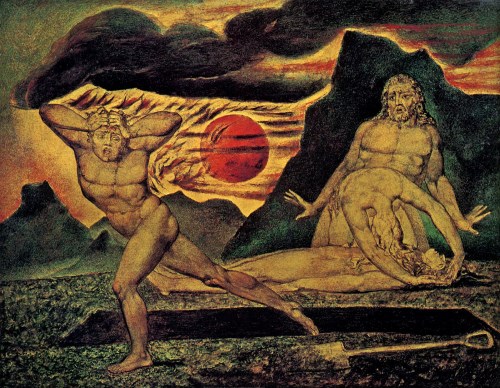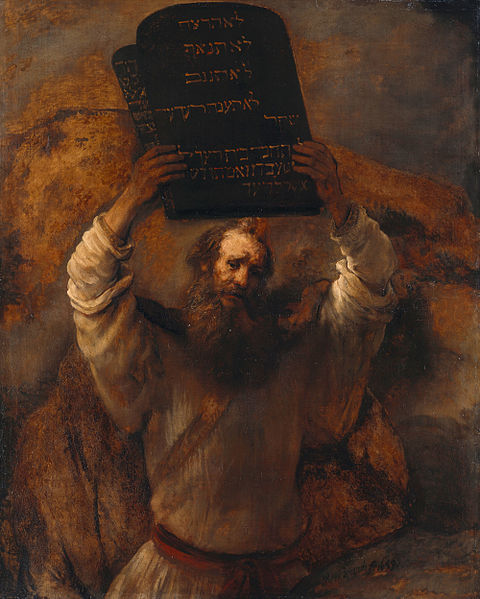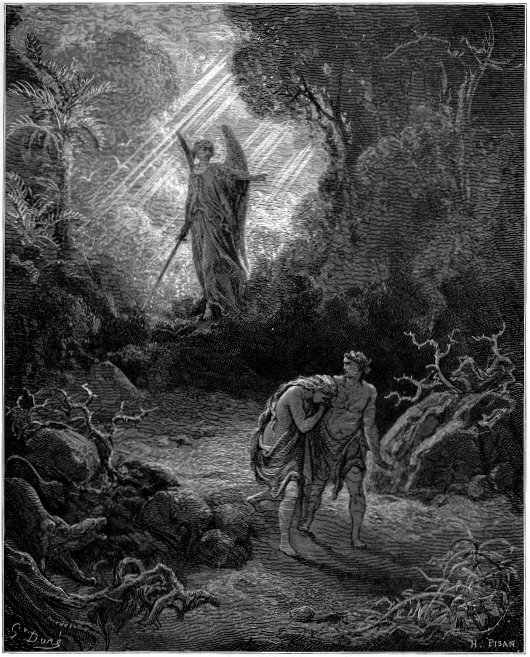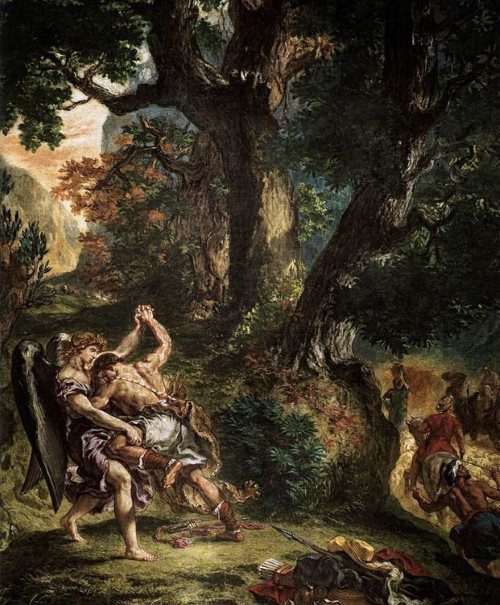Science, Politics & the Bible
Israel vs. Judah: The Socio-Political Aspects of Biblical Archaeology in Contemporary Israel
The article traces the sociopolitical and rhetorical aspects of the discourse in biblical archaeology in contemporary Israel. Through the article I will show that research and theoretical interpretations cannot be separated from identities and socio-political biases. Generally, Zionist archaeologists are much less skeptical towards the bible than Palestinian archaeologists, pro-Palestinian minimalists or Israeli post-Zionists.
Since the 1990s, a new school from Tel Aviv University has been developing and promoting a new paradigm of Low Chronology, which denies the existence of a United Monarchy in the days of the Judahite Kings David and Solomon. Despite the success of the new paradigm, a conservative school, whose prominent representatives come from the Hebrew University of Jerusalem, challenges the new paradigm and tries to protect or update the old paradigm of High Chronology. The most controversial excavation sites today are the City of David site and the ancient city excavated at Khirbet Qeiyafa. The article analyzes the struggle between the schools about the Kingdoms of Israel and Judah, as it reflects in articles, books, lectures, presentations, interviews and heated debates in the media.
The article focuses specifically on the works of Israel Finkelstein, Yosef Garfinkel and Eilat Mazar.


